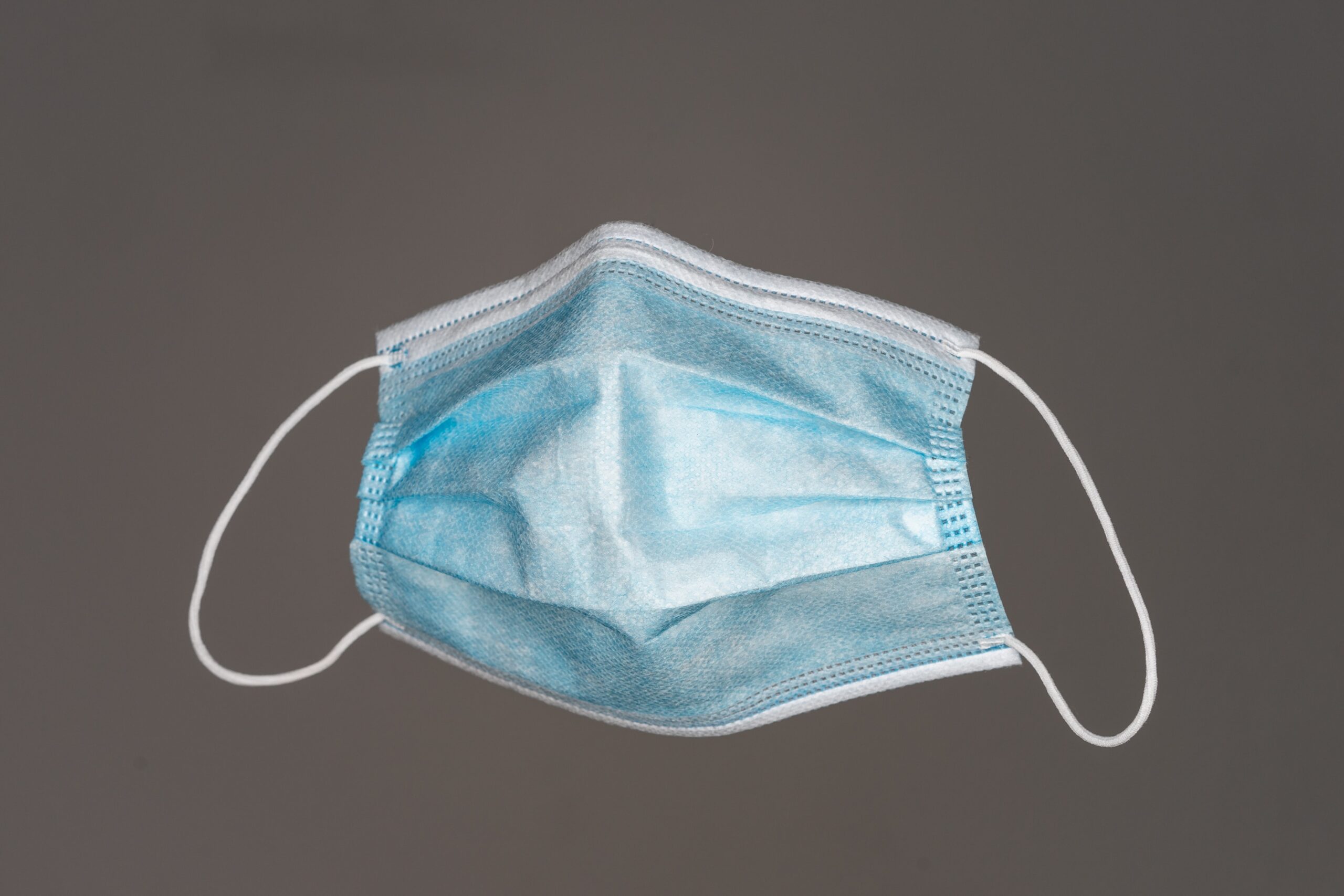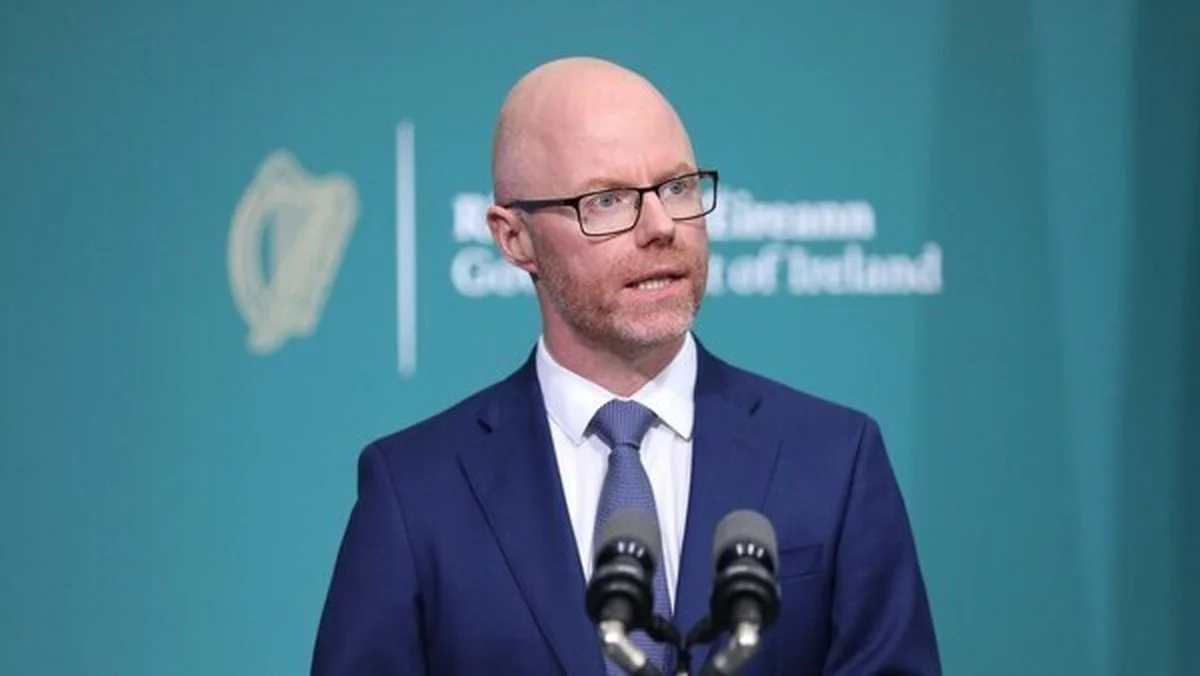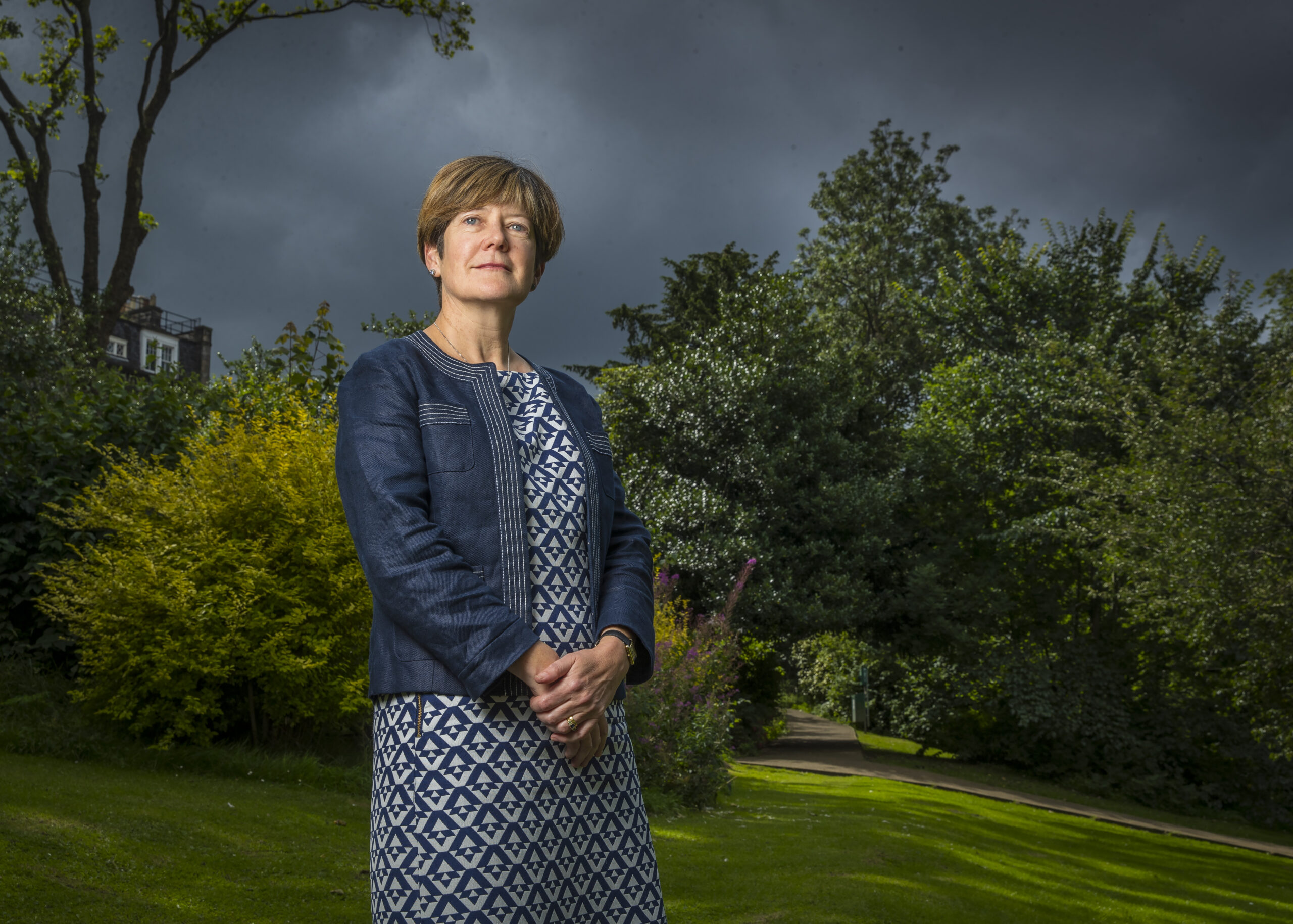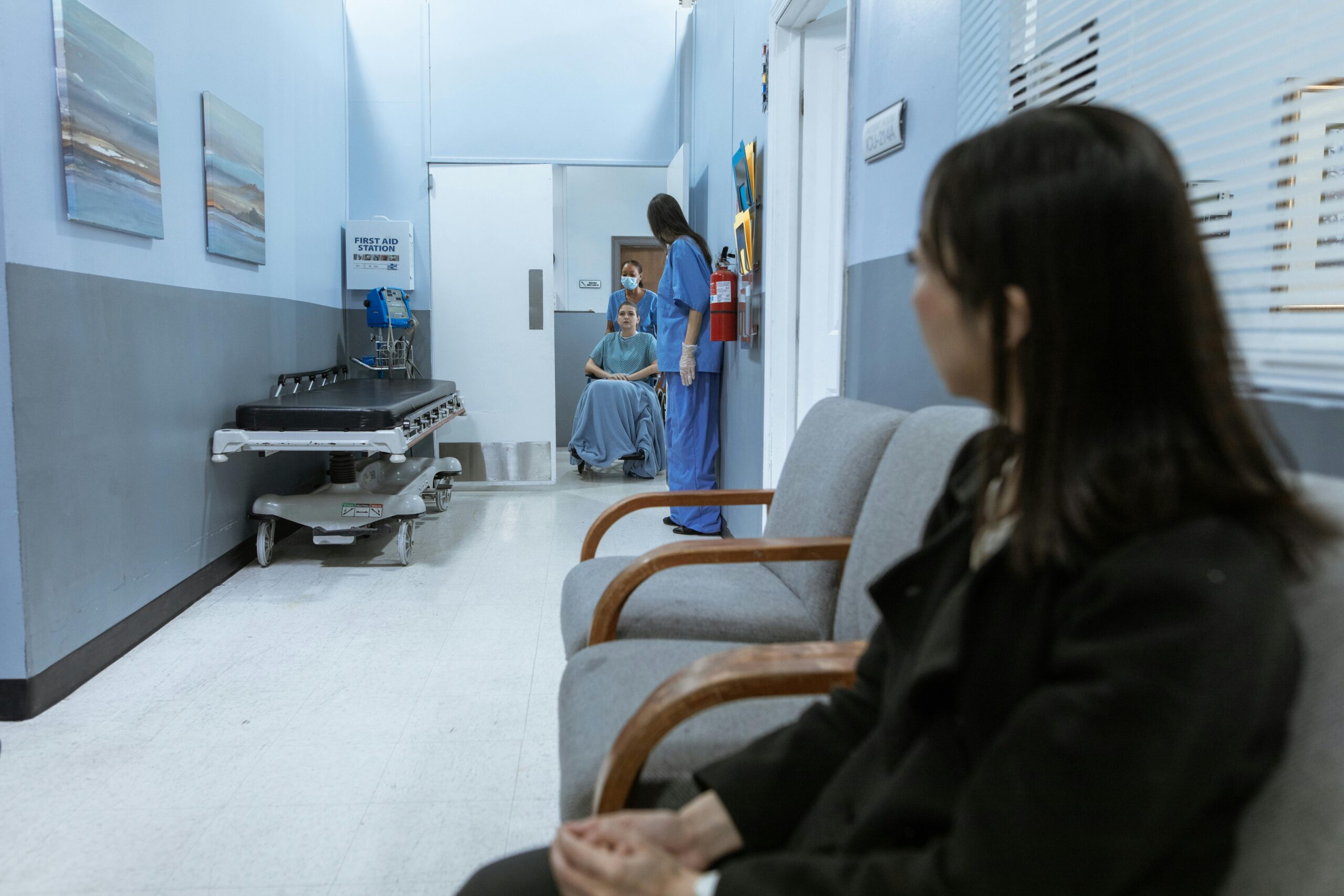Healthcare Investment Takes Centre Stage

Secure long-term income and attractive rental yields are increasingly being sought after in the Irish market and some investors are cautious about investing in traditional sectors such as retail in light of what happened since the onset of Covid. The low-interest rate investment environment has encouraged some institutional investors to seek out stable, long-term income opportunities beyond the traditional commercial markets. As a consequence, healthcare real estate investments have now come to take centre stage.
Investment volumes in the European healthcare market have increased significantly in recent years, and Ireland has followed that trend with an influx of European capital targeting the sector. Over recent years, we have seen several European investment funds targeting nursing home, primary care centre and private hospital acquisitions. Demand is strong, with substantial volumes of capital looking to deploy into healthcare assets over the foreseeable future. Over the past three years, CBRE estimate that total investment in the healthcare sector has exceeded €2 billion and this is expected to increase in the coming years.
In the nursing home market alone, we have recorded spend of approximately €600 million, with a large percentage of privately held nursing home beds in Ireland now owned by corporate groups. Indeed, the proportion of corporately owned beds has increased from 20% to 38% in the last 3-year period. The whole structure of this market is changing dramatically, and consolidation is only at very early stages with much more to come.
The Investment Case for Healthcare
Demographics
Healthcare investment in Ireland has been primarily driven by the dramatic change in our demographic profile. Census 2016 data shows that Ireland’s population of older people (defined here as those 65+) stands at 629,800 or 13.4% of the State’s population. This represents an increase of 22% over the previous decade.
It is projected that the population of 65+ will increase by another 38% to 871,400 persons by 2026 and a further 83% by 2051. This will see the age dependency rate rise to approximately 25% of the total population by 2051. It is clear that many more nursing home beds will be needed to satisfy this ever-increasing demand and in addition, more healthcare services will be needed to service the whole population, not just the elderly.
Government Spending and Income
According to some media reports, healthcare spending in Ireland will be increased by a further €4 billion to deal with Covid-19 and to build up capacity in the health service across the country. Prior to this increased allocation, the OECD declared that Irish health spending per capita was about ‘one fifth higher than the EU average’. The increased allocation of capital to the healthcare industry will only further enhance the attractiveness of investment in the sector in Ireland being that State income underpins the majority of rental income in healthcare assets. Nursing Homes are supported by the Fair Deal Scheme, which guarantees the operator a fixed amount of revenue per bed per week, while Primary Care Centres are leased to the HSE on 25-30-year leases with reviews linked to the Consumer Price Index.
Diversification & Impact Investing
Long-term demographic trends as well as increased Government spending to match these trends are critical to the investment case for this asset class. Healthcare assets will continue to provide institutional investors with the ability to diversify their portfolio into a predominantly counter-cyclical asset over the coming years.
The pandemic has exposed the fragile nature of many areas of society resulting in a growing shift to ‘impact investing’. This is the process of investing in assets and companies that deliver benefits to the wider society. The nature of this ‘impact investing’ combined with a favourable capital allocation is critical for any investment manager to consider. The benefits to the wider society are now actually becoming increasingly important to many institutional investors. Healthcare investment ticks all the boxes and scores highly in impact investing, unlike many other real estate classes.
Challenges
While healthcare assets have grown in attractiveness to investors, they are not without their challenges and inherent risks. Nursing homes are highly regulated trading businesses, which are exposed to additional operational and financial risk. Primary Care Centre investment and development is intrinsically linked to General Practitioner’s taking occupancy. Finding GP’s to occupy them has proven challenging in recent times.
To complicate matters, there has always been a limited supply of healthcare investment stock in Ireland. The major question now being asked is this, is the growth in capital allocation by investment funds and increased healthcare expenditure going to correlate with the provision of increased healthcare infrastructure?
There is a concern within the market that increased healthcare expenditure by the state will flow into a perceived black hole of HSE services rather than much needed modern healthcare infrastructure. We need new state-of-the-art public nursing homes, dedicated dementia centres, intellectual disability services, Alzheimer specific centres, homecare packages, step-down facilities to relieve our overcrowded hospital wards as well as new primary care centres in every major town countrywide.
There is sufficient private capital available to invest in our healthcare market, and there is a huge state budget available to be deployed in it. Working together, this will put healthcare on a par with the more traditional sectors of the investment market whilst also improving public health services, and that would create an ‘impact investment model to be proud of.
Original document was written by Conor Doyle and can be seen here: https://www.linkedin.com/pulse/healthcare-investment-takes-centre-stage-conor-doyle/?trackingId=gNTvfDWriYC5E71qm2rT2Q%3D%3D
You might also like
For relevant updates on Emergency Services news and events, subscribe to EmergencyServices.ie









